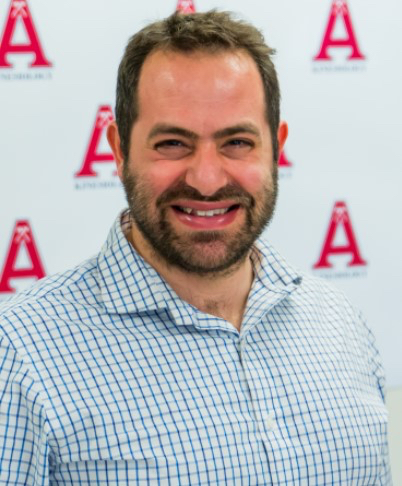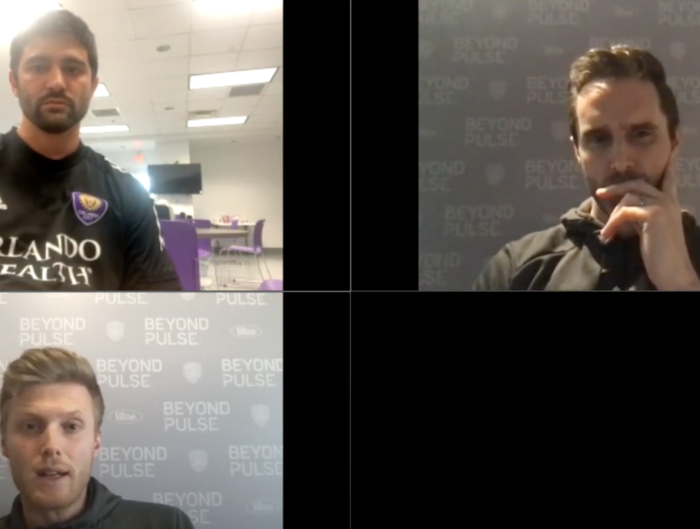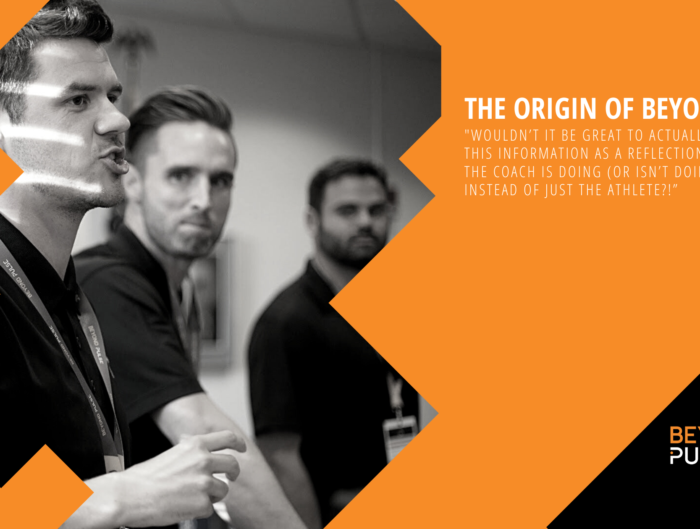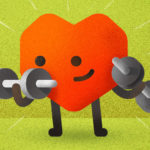The cardiovascular system. We’ve all got one. We all know circulation of blood around the body is fundamental to our survival. Together with the respiratory system, the cardiovascular system is responsible for delivering oxygen and nutrients to the body’s tissues. From the hard-working heart, to our thickest arteries, to capillaries so thin that they can only be seen through a microscope, the cardiovascular system is our body’s lifeline.
Here are some cool facts about your Heart!
- The heart weighs between 7 and 15 ounces (about 200 to 425 grams) which is about the same as a bottle of Heinz Ketchup!
- This amazing piece of body machinery pumps about 380 liters of blood through your body, every single hour, which is about the same as 1,600 glasses of water, per hour.
- The heart can even continue to beat outside of the body as long as it has got enough oxygen?! Well this is because it has its very own electrical impulse.
- Imagine this. Your heart creates enough energy every single day to drive a truck for 20 miles (32km’s). So, if you’re 10 you would have been able to drive a truck for 73,000 miles (about 118,000km’s).
- Did you know that when you listen to music your heartbeat changes and it takes on the same beat as what you’re listening to? So when you’re listening to super-fast music your heart beats faster, and slower when you’re listening to calming music.
So, what can I do to maintain a healthy cardiovascular system?
Move Move Move!
Most kids are born with a healthy heart and it’s important to keep yours in good shape. Children who grow up with an emphasis on fitness will have the habit for healthy living more deeply ingrained in them.
Physical activity is good for your mind, body, and soul. Research suggests that childhood exercise helps children:
- Develop a strong and healthy heart
- Reduce the risk of some chronic diseases in later life
- Maintain a healthy bodyweight and helps them feel good about themselves
- Develop strong bones and muscles
- Reduce their anxiety and stress
- Improve brain power and learning capacities
It is also recommended that children accumulate no more than 2 hours per day of recreational screen time (i.e., Television, Internet, Cell Phone). It’s not a matter of trying to fit something else into their busy day. Instead, encourage your children to swap some inactive time in front of a computer or sitting on a bus with other activities such as dancing to music or walking to school.
For optimal health benefits, it is recommended that children and youth (aged 5-17) accumulate at least 60 minutes a day of moderate to vigorous-intensity physical activity.
What does that look like?
- Moderate-intensity aerobic activity makes you breathe harder and your heart beat faster. You should be able to talk, but not sing. These activities include walking quickly, skating, bike riding, and skateboarding.
- Vigorous-intensity aerobic activity will increase your heart rate even more and you will not be able to say more than a few words without catching a breath. Examples are running, basketball, soccer, and cross-country skiing.
The harder you exercise the faster your heart will pump in order to deliver more blood and nutrients to the working tissues. While the racing heart that commonly accompanies exercise may initially seem a bit scary, rapid heart rate during physical exertion is actually beneficial. The faster your child’s heart pumps as he engages in physical activity, the more effectively he is working this vital muscle and the healthier it will ultimately get.
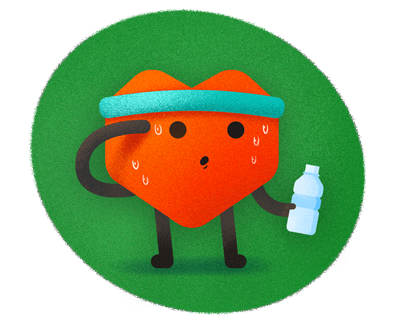
Ways to encourage Physical Activity for Heart Health
Physical activity is more than just organized sports. It can include everyday activities like walking the dog, planting a garden, playing tag, building a snowman or tobogganing, and even household chores like sweeping or shoveling the driveway.
Here are a few ways to increase physical activity levels in your kids:
- Encourage free play and non-organized activities
- Be a role model
- Make it FUN!
- Reduce sedentary behaviour
- Incorporate it as part of your child’s routine.
- Play with your kids
- Remember to praise your children for being active. Confidence is the key to success!

 FRA
FRA
